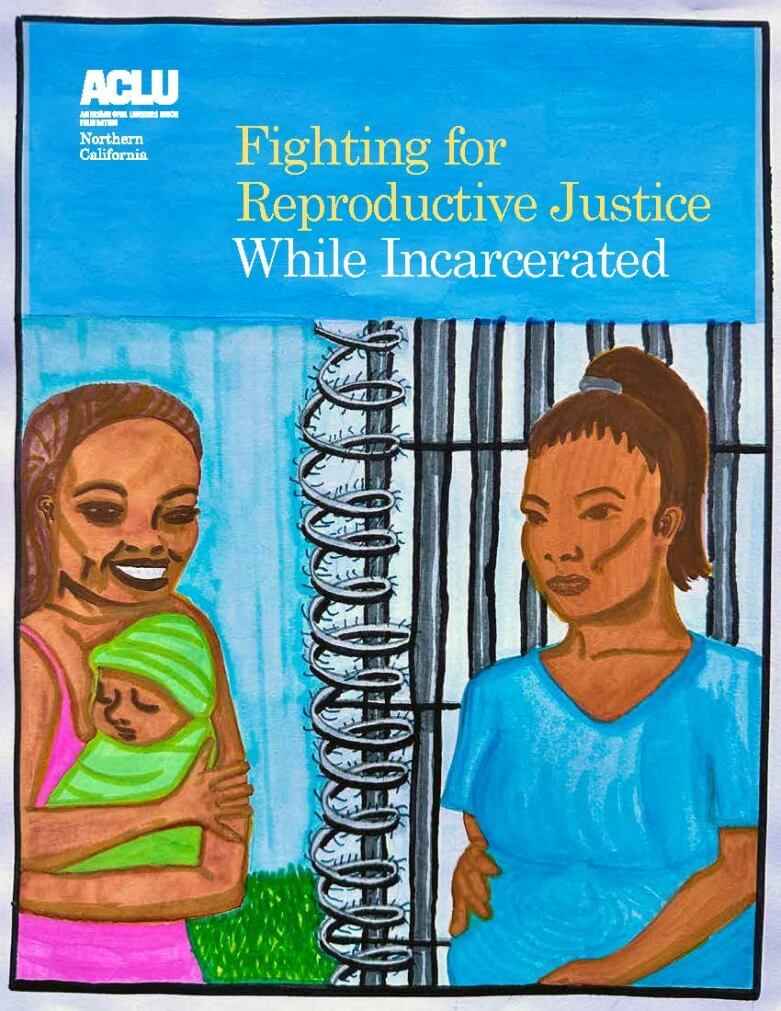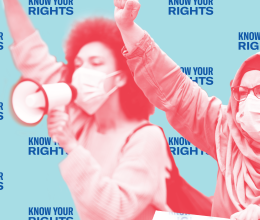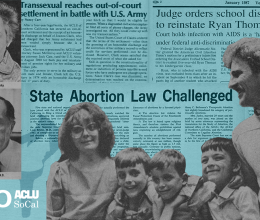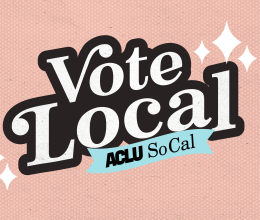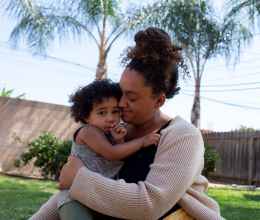
Findings from the 2016 ACLU of Northern California report Reproductive Health Behind Bars in California helped lay the foundation for the passage of California’s Reproductive Dignity for Incarcerated People Act in 2020, which expanded reproductive and pregnancy-related health protections in California jails and state prisons.
But with a growing number of state legislatures restricting abortion access and attacking transgender and nonbinary people, and the current federal administration expected to pursue more of the same, Fighting for Reproductive Justice While Incarcerated asks what more must a state with baseline reproductive rights do to move towards reproductive justice?
This report evaluates this question from the perspective of those behind bars in California jails and prisons and proposes solutions to the remaining barriers that conviction and incarceration impose with respect to bodily autonomy, family unity, and reproductive futures.
